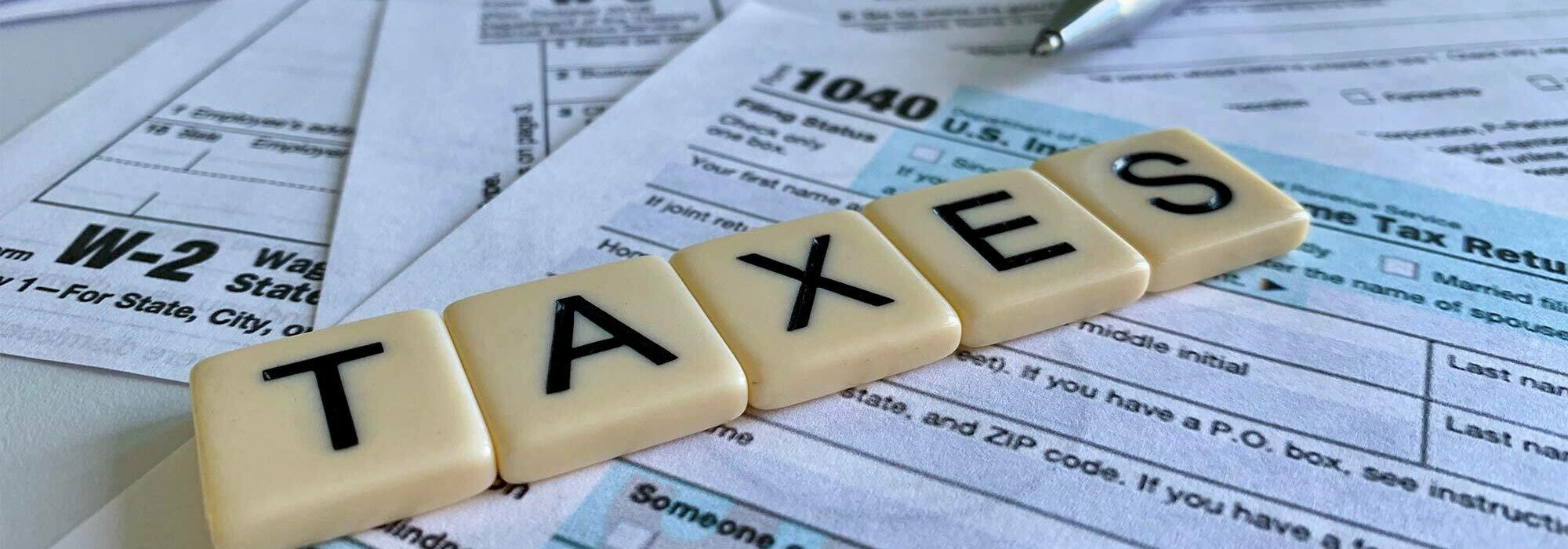Article Excerpt
Property taxes, mortgage interest, rental property expenses, home offices, and selling property all provide tax advantages. Check out some rules and examples.
Buying a home is not only a great investment for the future, but some of your costs will come back to you even sooner than when you sell. Tax deductions for homeowners aren’t limited to single homes, either. Mobile homes, condos, and even cooperative apartments are eligible for tax deductions too.
The words “deduction,” “write-off,” and “credit" are used interchangeably to describe things that can reduce your taxable income, thereby reducing how much you owe in taxes.
Homeowner tax write-offs aren’t loopholes; they’re simple benefits to owning your home. Don’t pass up opportunities to save on taxes. As a renter, you were never able to take advantage of these.
Property tax deduction
You can subtract all that you pay in property taxes from your taxable income. The Office of Tax Analysis estimates that property tax deductions saved homeowners $6 billion in 2019!
The main reason why the federal government allows for property tax deductions is actually to benefit local communities. Being able to write them off basically allows jurisdictions to raise property taxes without it hurting homeowners too much. Instead of paying more in federal taxes, we’ll just pay more in property taxes over time.
Property tax write-off example
In Williamson County, Texas, with a property tax rate of 2.018%, a $200,000 home would amount to about $4,000 per year in property taxes. If a married couple earns a household income of $65,000, they may expect to pay $9,457 in federal income taxes each year. But after deducting their property tax expense from their gross income, they’d only pay around $8,671 in federal taxes. That’s a super easy savings of $786!
Even if you don’t pay a mortgage, you can still write off property taxes. However, if you rent a home, you cannot write off any property taxes.

Mortgage interest deduction
Every year around January, your mortgage lender will send you an IRS Form 1098. It will show you exactly how much interest you paid during the year previous. Most homeowners can deduct everything they paid in interest.
Mortgage interest write-off example
The first twelve months of payments on a $200,000 home with an interest rate of 3.5% would amount to $7,510 in interest paid. If a married couple earns a household income of $65,000, they may expect a tax savings of around $1,950 by deducting their mortgage interest!
» CHECK IT OUT: How Much Would Your Mortgage Be? Use Our Mortgage Calculator
There are certain disqualifications that may not allow you to deduct mortgage interest from your taxable income, but they’re relatively rare. For instance, if you own three homes, you can only choose two to write off mortgage interest from.
Home office
If you’re self-employed and you use part of your home just for business, you may be able to write off its related expenses. This is one of the few tax advantages that you can use as a renter or as a homeowner.
Take your total monthly payment and determine how much you pay per month for each square foot of your livable space. Then, measure the area that is used specifically for business. Now multiple that business area by the price-per-square foot. That’s how much you can deduct from your taxes for your home office (or other business-related space).
However, unless Congress grants additional tax reliefs specific to COVID-19, employees cannot write off their home office space. You must be self-employed. Check for updates before filing.

Rental income & sale of property
If you’re paying a mortgage on a property and also have renters living in it, you should know about deductions from rental income. All that your renters pay is considered income. However, you can deduct additional items from this income:
- Mortgage interest and mortgage insurance costs
- HOA fees
- Property management fees
- Advertisement used for attracting renters
- Depreciation
- Utilities (if the renters don’t pay them)
When you sell the home, there are still more write-offs available. You won’t subtract these in the same way that you would with mortgage insurance. So instead of subtracting from your taxable annual income, you would subtract these from the sales price of the home.
Improvements and repairs used to fetch a higher sales price within a set time period before closing can be deducted from your taxable income. House staging fees can too.
» READ MORE: 3 Things to Consider Before Buying a Rental Property
Selling your property: the capital gains rule
But the strongest tax advantage is actually the capital gains rule (which are the profits from selling your home). It’s such a great advantage that you probably won’t even have to concern yourself with the other deductions.
After you pay all expenses and your remaining mortgage debt, you can actually exclude up to $250,000 of it from your income. If you’re married, this cap increases to $500,000. If you don’t make any profit from the sale of your home, it won’t count toward your taxable income.
However, you’re only eligible for the capital gains rule if you’ve used the home as your main home for at least two out of the last five years.
Here’s what you can’t deduct
There are some home expenses that you can’t deduct from your taxes if you aren’t renting it out. These are the most common of them:
- Mortgage insurance (in many cases - but not all)
- HOA fees
- Utility costs (energy, water, gas)
- Depreciation of the home’s value
- Appraisal fees
» READ MORE: The Home Appraisal Process: What You Need to Know
The cost of improvements or renovations typically can’t be deducted. However, if the improvements relate to a medical need or are being paid for with the help of a home equity loan, you may be able to deduct them.
Ready to start saving?
Buying a home is one of the best investments you can make – especially in Texas. Our mortgage advisers can be found all across Texas in 18 convenient locations. We can help you find out if you’ll come out ahead by purchasing a home instead of renting. Get started on your free pre-approval in just 90 seconds!



